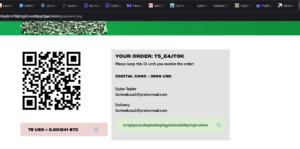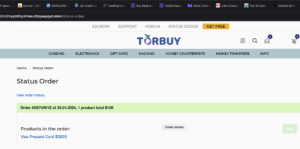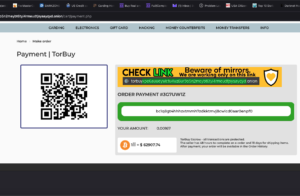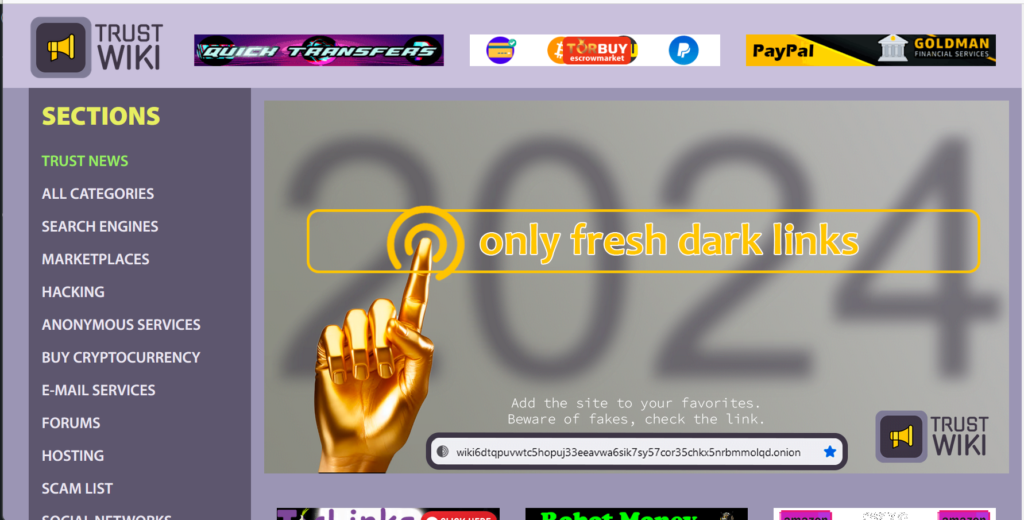Table of Contents
ToggleTorbuy – TOR Scam Report (2)
Onion Link: http://torbuyxpe6auueywlctu4wz6ur3o5n2meybt6tyi4rmeudtjsysayqyd.onion
Scam Report Date: 2024/05/02
Client Scam Report Breakdown
Original Report Summary:
In the scam report provided, the client placed an order through what they believed was a legitimate platform and subsequently contacted the support team using the email address [email protected]. The client’s inquiry was directed to a suspicious website, which they were urged to access through a specific .onion link, a common marker of dark web sites. The response from the supposed support team raised concerns, as it directed the client to various links and contained vague statements regarding the authenticity of the site. The scam report highlights the red flags that were present in this interaction, including the unusual email domain, the emphasis on using the dark web, and the misleading information provided by the support team.
Photos:



Defining Terminology and Terms Throughout the Report
Several key terms and phrases in this report are crucial for understanding the nature of the scam. The email domain “privatemail.com” is a privacy-focused service, often used by individuals who wish to maintain anonymity, making it a popular choice among scammers to mask their identity. The mention of .onion sites refers to websites accessible only via the Tor network, a platform that provides anonymity by routing traffic through a series of servers. These .onion links are often associated with illicit activities, making the inclusion of such links in the support response a significant red flag. Additionally, the Hidden Wiki is cited in the email as a supposed source for finding the correct link. The Hidden Wiki is a well-known directory on the dark web that lists various services, some of which are legitimate, but many are scams. The fact that the scammer references this site further adds to the dubious nature of the interaction.
Detailed Analysis and Implications
The scam report outlines a classic example of a phishing scam, where the victim is lured into visiting fraudulent sites with the promise of accessing a legitimate service. The client’s experience illustrates how scammers leverage anonymity tools like Tor and privacy-focused email services to execute their schemes without revealing their true identity. The use of multiple .onion links serves to confuse the victim and make it difficult to verify the authenticity of the site. By pointing the client to the Hidden Wiki, the scammer attempts to gain credibility, but this tactic is a common trick used to exploit the victim’s lack of knowledge about the dark web. The combination of these factors makes the scam particularly insidious, as it preys on those who may not be familiar with the risks associated with the dark web and privacy-focused tools. This report serves as a critical reminder of the need for vigilance when dealing with online transactions, especially in environments where anonymity is heavily emphasized.







